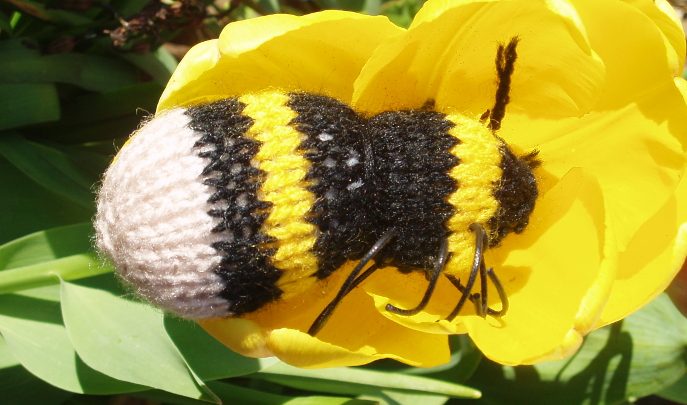To Get Young Children Excited About Serious Topics, We Need To Up The Fun

Adults and children alike learn when they're interested and engaged, so bring out the toys, games and fascinating facts

I received many amusing and delightful gifts last Christmas, but the one that made me laugh out loud the most was a book: ‘Enid Blyton – Five Go On A Strategy Away Day.
I recognised so many aspects of this from my own experience and can well recall some cringe-making exercises from school inset ‘team building’ days.
We had an LTL local team day for Hampshire staff before Christmas and did not have as much ‘fun’ as the Famous Five – but we did wrestle with such fascinating topics as risk assessment updates, project milestones, financial projections and peering into an uncertain economic future.
I had put ‘training’ down as the final session and asked a team member to deliver it. I was expecting an hour of updates on where we are in terms of early years and school delivery, and what key areas we should be focusing on for the future. But I had perhaps failed to brief to that effect.
Instead a dozen or so of us were trotted out bleary-eyed and brain-saturated into the freezing cold to learn how to cut wood and drill holes safely with very young children. We also took part in some hands-on games about pollinators and food miles. Training, then – we were just on the receiving end of it.
To be fair, off-brief it might have been, but everyone woke up and took part enthusiastically (and I thought my charts and graphs were so informative and interesting). And we learned stuff. Sometimes fun is the best way to communicate a serious message.
It reminded me of when we introduced our Polli:Nation programme into schools with early years classes. We had to change elements of delivery from citizen science-focused curriculum-linked work to something that included a serious element of fun.
For the uninitiated, the aim of the Polli:Nation project is to engage and enthuse children and young people to protect pollinating insect species in the UK. The desired outcome is to see an increase in the number and diversity of pollinating insect species in schools grounds and local community spaces across the UK.
To do this we need to talk about all sorts of fascinating facts – for example, did you know that a honeybee can dance to show other bees where to find food? We also need to be able to help children identify different types of pollinators.
We struggled for a while to find ways of engaging very young children until the mother of one of our training providers came up with a novel idea. She managed to knit a whole set of bumblebees. Cute little chaps with different markings and in different sizes depending on their gender or species.
Much fun was had with these innovative creations and even very small children spent an inordinate amount of time discussing the different sizes (‘My Bombus distinguendus is bigger than your Bombus terrestris!‘) and the markings on their bottoms.
What was also fascinating is that we were able to use these to engage other serious adults and soon had auspicious people like Friends of the Earth staff interacting with the project on social media, commenting on the accuracy (or otherwise in the case of the odd too-broad stitch or shade of yarn colour!) of each bee.
Bees and early years settings are often thought to be an uncomfortable partnership; fears about stings and swarms abound, but many bees are not aggressive and do not live their lives in hot pursuit of small children. Bumblebees, in particular, are mild-mannered, unassuming chaps, do not swarm and are not aggressive.
In reality, bees exist everywhere (at the moment, but that’s the subject of another article) and if we can teach children to have not fear but respect for them, then we will go a long way to improving our interactions in nature in the future.
Our next task is auditioning LTL staff to see who is the most impressive honey bee dancer – and who has a 30cm long tongue like the pollinating hawk moth.
Juno Hollyhock is executive director of Learning Through Landscapes (LtL) is a UK charity dedicated to enhancing outdoor learning and play for children. For services and resources for early years settings, visit ltl.org.uk.












